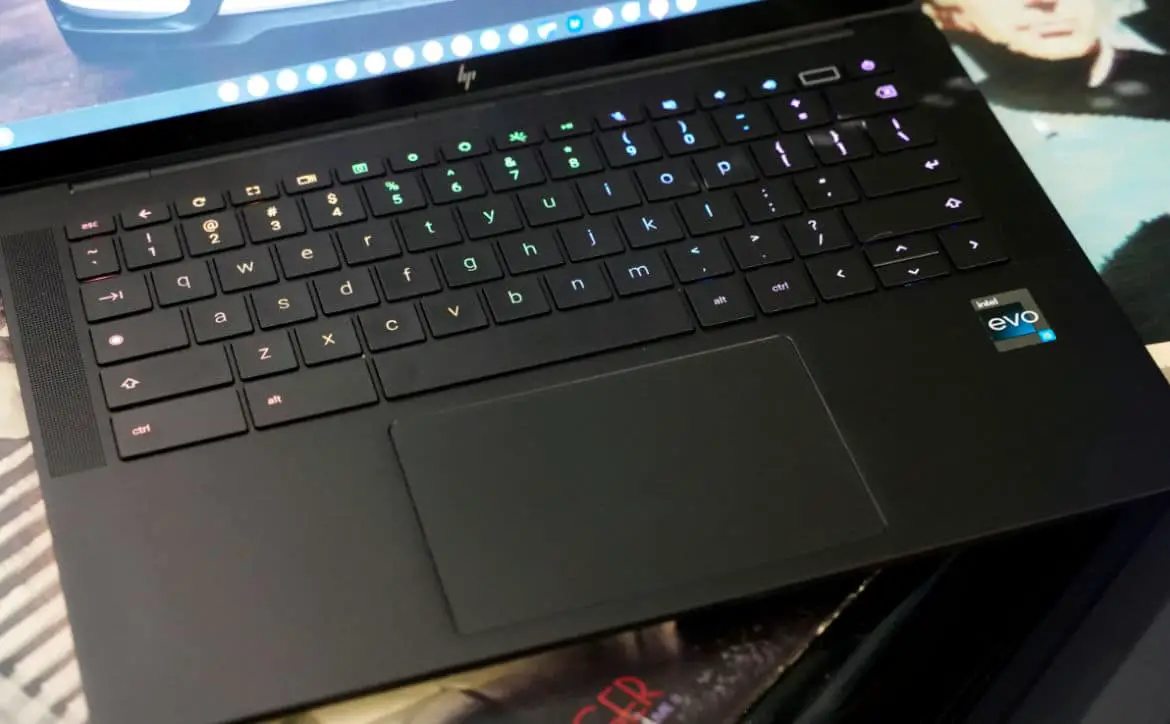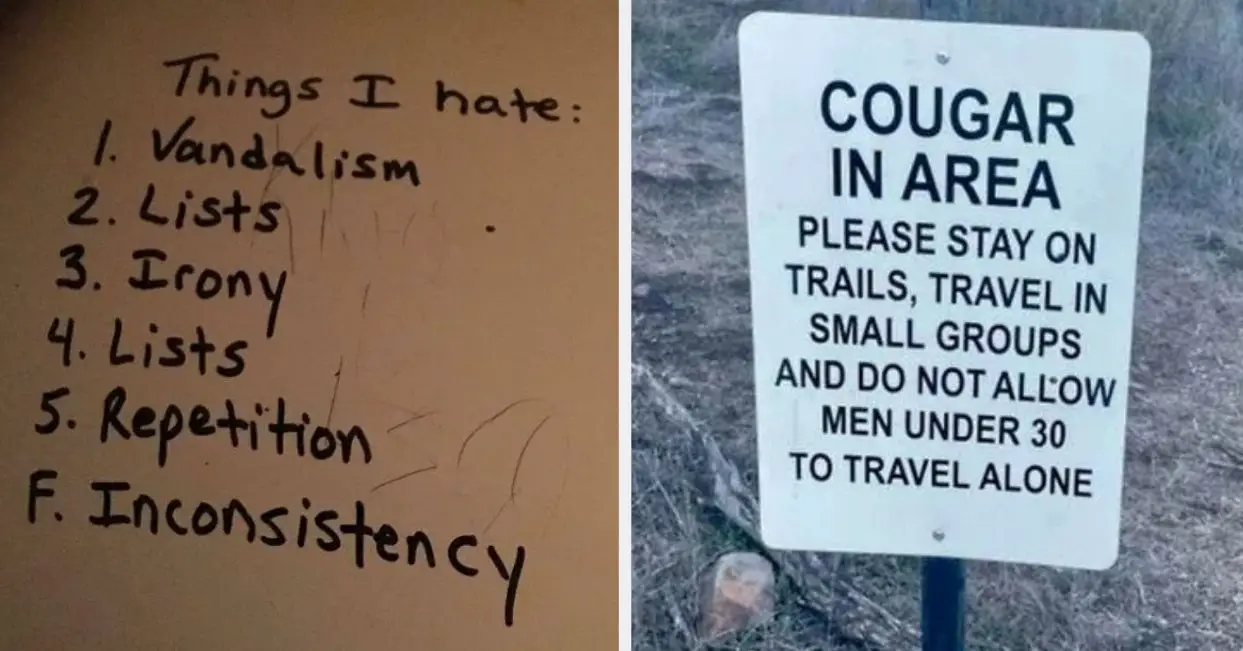What’s coming: Elon Musk and Jeff Bezos are about to lock horns once again. Last month, the US Federal Communications Commission approved the final aspects of Project Kuiper, Amazon’s effort to deliver high-speed internet access from space. In May, the company will test its satellites in an effort to take on SpaceX’s own venture, Starlink, and tap into a potentially very lucrative market.
The catch: The key difference is that Starlink is operational, and has been for years, whereas Amazon doesn’t plan to start offering Kuiper as a service until 2024, giving SpaceX a considerable head start. Also, none of the rockets Amazon has bought a ride on has yet made it to space. Read the full story.
—Jonathan O’Callaghan
These new tools let you see for yourself how biased AI image models are
The news: A set of new interactive online tools allow people to examine biases in three popular AI image-generating models: DALL-E 2 and the two recent versions of Stable Diffusion. The tools, built by researchers at AI startup Hugging Face and Leipzig University, are detailed in a non-peer-reviewed paper.
Why it matters: It’s well-known that AI image-generating models tend to amplify harmful biases and stereotypes. For example, the researchers found that DALL-E 2 generated white men 97% of the time when given prompts like “CEO” or “director.” Now, people don’t just have to take the experts at their word: they can use these tools to see the problem for themselves. Read the full story.
—Melissa Heikkilä
Source link











Leave a Reply